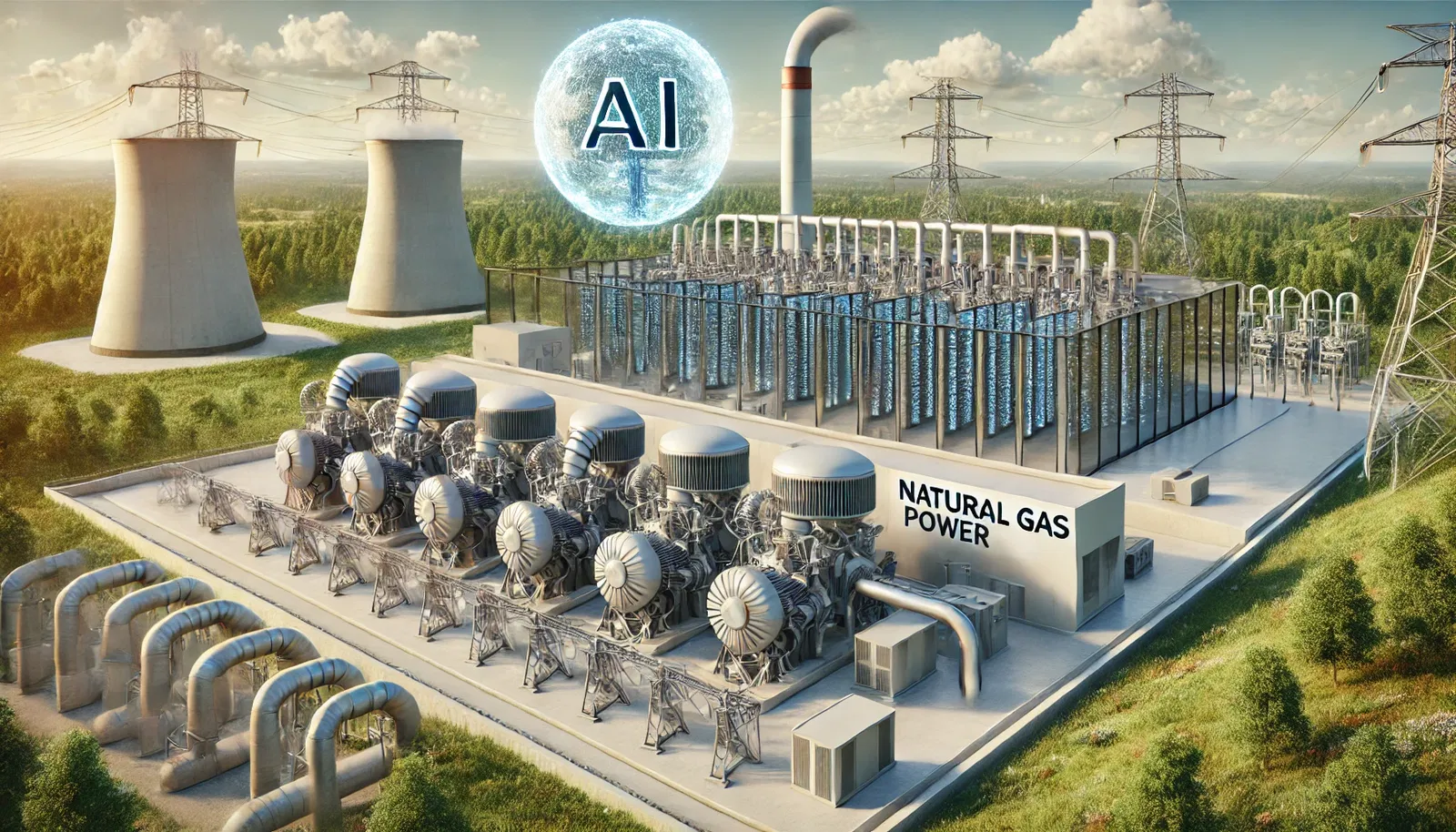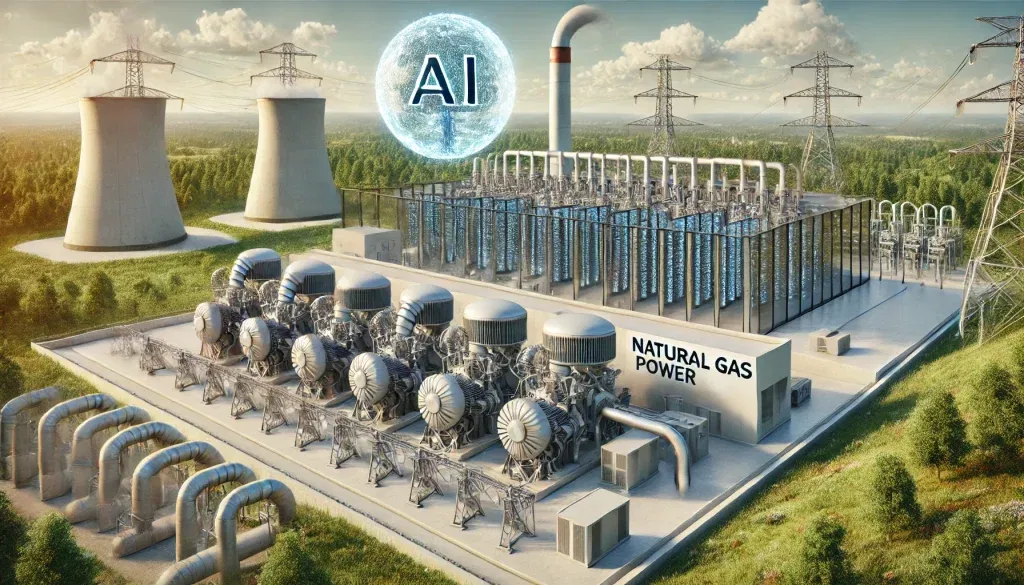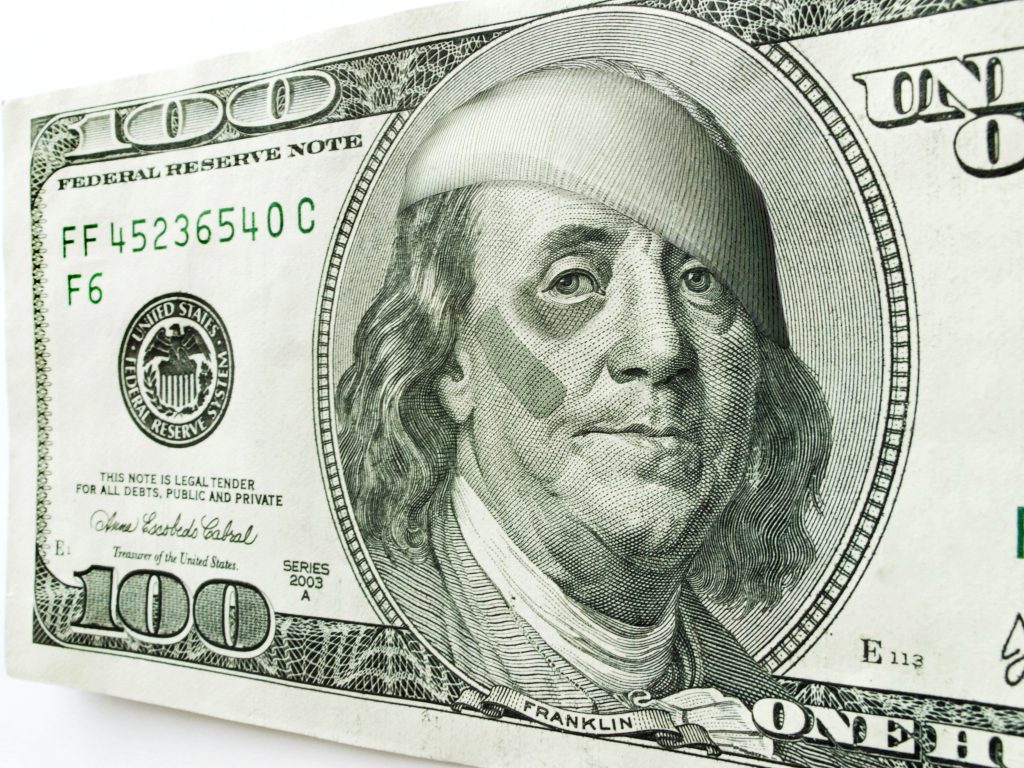There are only seven countries in the world that have a GDP in excess of $3 trillion: the United States. China. Germany. Japan. India. United Kingdom. And France.
Microsoft’s current market capitalization is also right around $3 trillion… which means that out of the 193 countries in the world that are recognized by the United Nations, 186 of them have an economy that’s smaller than Microsoft. Crazy.
Of course, much of Microsoft’s meteoric growth has taken place over the past three years because of the AI boom. And just like Nvidia is considered the most important hardware company in AI, Microsoft has positioned itself as the most important software company in AI… and they’re pretty much betting the business on it.
According to the company’s earnings release yesterday, Microsoft has generated an unbelievable $118 billion in Operating Cash Flow (OCF) over the past twelve months.
(OCF, if you’re not familiar, is a much more useful metric than ‘net income’ or ‘profit’ because it strips out all the non-cash accounting nonsense like depreciation.)
$118 billion in operating cash flow is a staggering amount of money. But what’s even crazier is that Microsoft spent almost every penny– more than $113 billion– making new investments in their business. And most of those were AI-related investments.
In short, Microsoft is a profit machine. But it’s dumping 96% of those profits into AI, in large part to justify having a $3+ trillion valuation.
Time will tell if those investments pan out, and whether Microsoft is able to build viable products that generate a sufficient return.
There’s no guarantee; AI is an extremely competitive industry where budding startups and giant tech companies are both working on the next big thing. And I have to wonder how much upside is left for a business that already has a $3 trillion valuation, relative to the competitive risks against Amazon, Google, Facebook, Apple, etc.
Yesterday the company announced that growth in their cloud ‘Azure’ business (which includes their AI revenue) was 29% year-over-year. That growth rate was slightly lower than last quarter’s 31% growth.
But even a tiny, 2% decline in growth had the market freaking out. And Microsoft stock initially plunged more than 8% in after-hours trading– roughly $250 billion in market value. That’s larger than the economy of New Zealand.
The stock recovered much of those losses this morning. But the mini meltdown is a clear demonstration of the risk involved: even a hint of a slowdown can trigger punishing losses.
Bottom line, AI is absolutely disruptive technology and a major game changer. But we’re still in very early days; there’s a long way to go, and it’s far too early to declare a winner. Yahoo looked like the dominant Internet titan in the late 1990s, but the landscape changed dramatically.
Maybe Microsoft ends up winning the race. But there’s a lot of uncertainty in drawing that conclusion right now.
One thing that’s NOT uncertain, however, is that AI someday going to be as integral to daily life as mobile phones and the Internet are today.
We also know that AI will continue to consume ridiculous amounts of electricity — electricity, which the US grid does not have right now (and Europe is in even worse shape relative to its electrical grid).
Thanks to horrendous government incentives and propaganda by the inspired idiots and climate fanatics in the media, electrical supply from “renewable sources”, i.e. wind and solar, has skyrocketed over the past few years.
It’s no coincidence that the country is simultaneously facing major capacity shortfalls and power outages… because, you know, sometimes the sun doesn’t shine, and the wind doesn’t blow.
The green fantasy is that wind and solar are going to save the planet. But if you’re honest about the math, they’re really not all that clean.
First, you must mine a lot of really dirty resources (like cobalt) in vast quantities from places in Africa which rely on child labor in extremely dangerous conditions. But you’ll never hear Greta Thunberg utter a word about that.
Then you have to manufacture 2-6x more solar panels and wind turbines… because, again, there are occasions when the sun doesn’t shine (like nighttime!) and the wind doesn’t blow.
In the end, wind and solar end up using a lot more resources per kilowatt-hour of electricity produced than many conventional sources, and a lot of the material used are really bad for the environment.
Nuclear is a far more environmentally friendly, far more efficient way to produce electricity. And hopefully that will make a comeback… though the nuclear renaissance is likely still some years away.
In the meantime, there is an incredibly cheap, abundant, and much cleaner source of fuel that can solve America’s electrical capacity shortages and power the AI revolution: it’s natural gas.
I wrote about this last week, saying that US natural gas is a ‘picks and shovels’ investment in the AI boom.
It won’t be clear for a long time who will win the AI race. In the late 1990s, Yahoo looked to be the dominant tech titan… but the landscape changed dramatically over the next decade.
But again, we do know that AI will consume more power than the US grid has available. And the ONLY viable option to supply that power right now is natural gas.
The US is one of the wealthiest nations in the world when it comes to natural gas reserves. In fact, supply is so vast that US natural gas prices are laughably cheap; relative to the amount of energy contained in a unit of US natural gas, it’s priced at the equivalent of about $15 oil. That’s cheap.
So cheap, in fact, that an electrical grid powered by natural gas can not only deliver the quantity of electricity necessary to power the nation (and AI boom), but it could dramatically reduce energy costs.
This is a big deal. Energy prices influence the price of everything. If electricity is cheap, consumers and families save money. Manufacturing costs less. Services cost less. Transportation costs less. Everything becomes cheaper and more efficient.
To be even more clear, a natural gas renaissance could generate greater US economy growth, potentially even leading to higher tax revenue and lower deficits.
In short, natural gas is one of the only ways that they’ll be able to tame the inflation problem and save the dollar. And with natural gas prices so cheap right now, it seems to me that there’s a lot more upside in the energy of the future, than in companies that are already selling for trillions of dollars.









